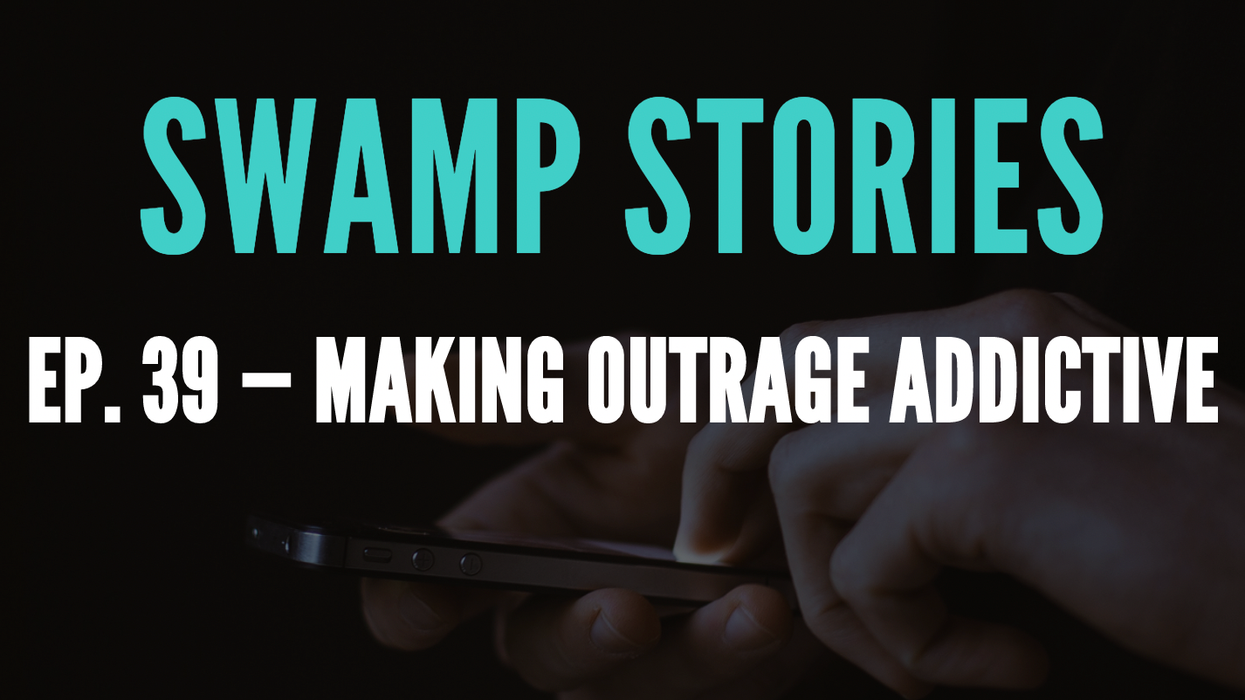Social media has become a part of our daily lives, as we scroll endlessly through curated feeds. But it’s clear that these platforms are having a negative impact on our lives and our society in ways we never imagined.
Platforms that were once a way to connect people have become a place where disinformation flows freely, controversy and division turns a profit, and people are pushed into echo chambers where everyone believes the same things and get fed disinformation that amps up their views.
In episode 39, Weston unpacks social media’s psychological and cultural ramifications, but also its impact on our democracy and politics — looking at where we can go from here and discussing the need for increased transparency and accountability.
Listen now






















Trump & Hegseth gave Mark Kelly a huge 2028 gift